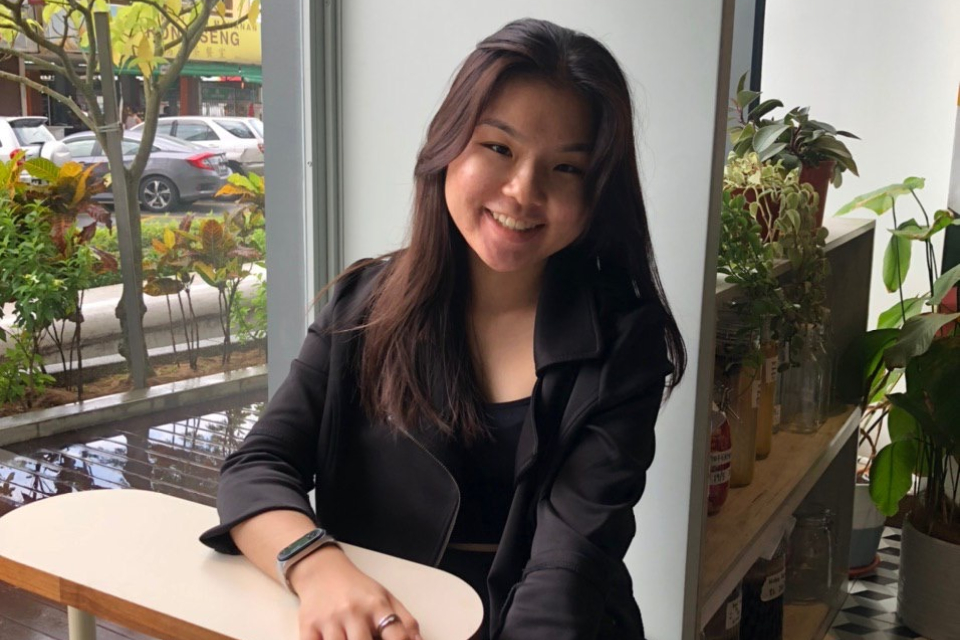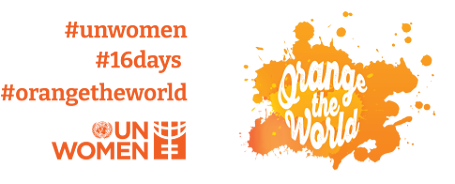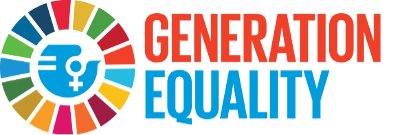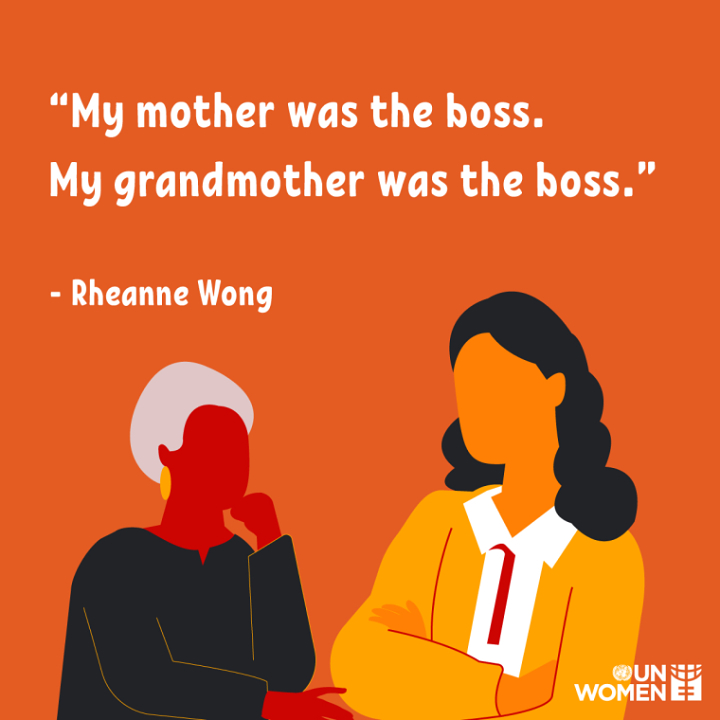“Learn as much as you can, listen as much as you can, read as much as you can”
Date:

Photo: Dashvina Kaur
Rheanne Wong, 22
Co-Founder, StandUp Malaysia, Malaysia
Why have you taken an interest in ending violence against women?
I first really become aware of feminism and women’s empowerment was the Emma Watson speech at the HeForShe campaign in 2014, when I was 16. That speech had a big impact on me and to girls and women everywhere. I also grew up in a very matriarchal family, my mother was the boss, my grandmother was the boss, my brother is a bit terrified of me sometimes, I think. But I guess I didn’t realise that until I saw that speech. So, I started reading more, educating myself, and as I read I encountered gender-based violence (GBV).
My first experience with sexual GBV was when my friend got flashed in Kuala Lumpur in Malaysia. Whenever she walked from her residence to college, she was flashed by a man consistently. The preparator hid behind the bushes and flashed all the college girls who walked by. Her college is based in the city centre, so this area is teeming with young women and female workers. After hearing her story, I became very concerned because this kept happening, so why was no one doing anything about it? Talking to the police didn’t really seem to help because there had been numerous reports of this offender, not just by the residential management and administration but by the survivors themselves, without anything happening. So I said to myself, hey what’s going on here? If the police aren’t doing anything, it may be a cultural issue.
We had heard of an organization in Thailand, called Thaiconsent set up by Nana Wipaphan Wongsawang - educating young women and men on consent, addressing those cultural issues, and open to everyone. We realised that there isn’t something like this in Malaysia. Of course, there are established organizations that do speak about these issues, but there was a gap when it comes to youth voices on consent in Malaysia, so this inspired the creation of StandUp Malaysia.
At StandUp Malaysia, we want to target the vulnerable communities that are slipping through the government’s fingers. A great way of doing this is to target them through educational posts on social media. However, the biggest challenge lies within the government itself: It’s easy to process legislation and funding, but when a government official is saying discriminatory words to a minority, a woman or a girl, it shows cultural and social bias and they are not helping solve the problem here. I do understand there isn't a 100-percent possibility of deconstructing every single person’s social bias, but I just want a space where people can engage safely and are willing to learn how these biases are harmful.
At StandUp Malaysia, we want to target the vulnerable communities that are slipping through the government’s fingers. A great way of doing this is to target them through educational posts on social media. However, the biggest challenge lies within the government itself: It’s easy to process legislation and funding, but when a government official is saying discriminatory words to a minority, a woman or a girl, it shows cultural and social bias and they are not helping solve the problem here. I do understand there isn't a 100-percent possibility of deconstructing every single person’s social bias, but I just want a space where people can engage safely and are willing to learn how these biases are harmful.
What does a gender equal world look like for you?
- Social and cultural biases are deconstructed
- Everyone and anyone is willing to learn and understand
- Gender-equality courses are implemented in primary and secondary education
What are three ways we can support women who undergo GBV?
- Don’t project your own opinions onto the survivors. Bring them options of what they can do! That situation is not about you, but you are their support. You need to make sure that all the options are in front of the survivor so she can choose what she would like to do.
- Think about your own state of mind. You may want to take that journey with them to heal, but, it can be very tiring and you should communicate this clearly if you are having any negative feelings in the process. Sometimes you won’t be able to support them 100 percent and that’s okay, just set expectations.
- Help deconstruct gender biases by educating yourself. Learn as much as you can, listen as much as you can, read as much as you can. You don’t need a crash course; learning is a gradual process. I think there are many good people who still do nothing about GBV. There are a lot of people out there who do nothing about sexual and gender-based violence, and we need to ask why. Is it because of the system, the way it is, is it because we're scared to speak out, or is it because there are a lot of things stacked against us?
Learn more about Rheanne Wong
Rheanne Wong is a co-founder of StandUp Malaysia, a Malaysian-based NGO advocating against SGBV alongside Aliya Ashiqin. She is driven by Christ’s fervour in uniting different communities. Upon graduation, she aims to enter the field of Criminology and Criminal Justice to aid reform of the Malaysian prison system.




